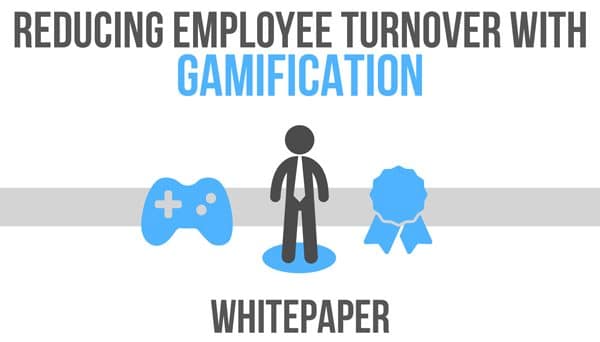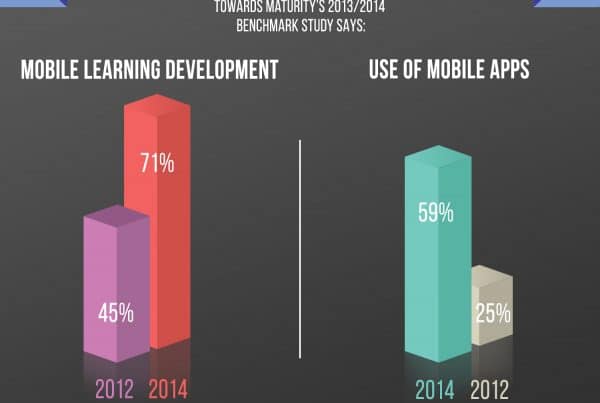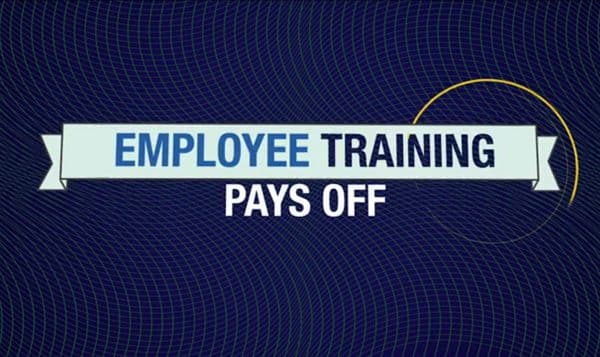While they aren't as common as they were in the past, apprentice-master relationships are excellent ways to give workers in-depth instruction. Besides providing an employee with the chance to learn from someone who's skill has been deemed expert, it also helps recent hires contribute to a company immediately by assisting veteran workers with their tasks.
Effective apprentice programs have fallen out of favor recently, mostly because they can seem inefficient to some businesses. However, modern technology such as custom software application development can help to resurrect an older model of education that could become relevant in today's workplace once more. Consider how the following features of an apprenticeship program, defined by Columbia University's Institute on Education and the Economy, can be bolstered through the use of eLearning development techniques.
Immediate reward
A good apprentice program won't offer abstract information to a learner and hope it becomes useful to a student down the road. Instead, every moment spent with a master or veteran is an object lesson that gives constructive instruction. This might make it difficult for workers to receive technical lessons in a classroom setting, but eLearning can be carried out when downtime is available.
Low early stakes
Apprentices also should be free from the pressure of performing superbly when they start their instruction because they're not expected to have experience. Therefore, the risk of doing something wrong should be low at the outset. This is a good time to introduce eLearning development so poor decisions aren't reflected in the work a company performs.
Parallel standards
In typical classroom-style training sessions, the standards for success are different from work guidelines. For instance, the objective of taking a test is to answer all of the questions correctly while the goal of a certain workplace activity is using information to successfully carry out actions.
Apprenticeships are defined by the fact that the standards for success are the same when training is being conducted. This makes customization extremely important for learning materials – the further away literature and testing tools are from the firsthand instruction a trainee is being given, the harder it is to spend time away from the classroom. Create effective lessons using custom software development to keep digital learning and hands-on experiences as closely aligned as possible.
Contact Christy Beiermann at cbeiermann@csesoftware.com or 309.670.7595 and ask for an eLearning demo today!



